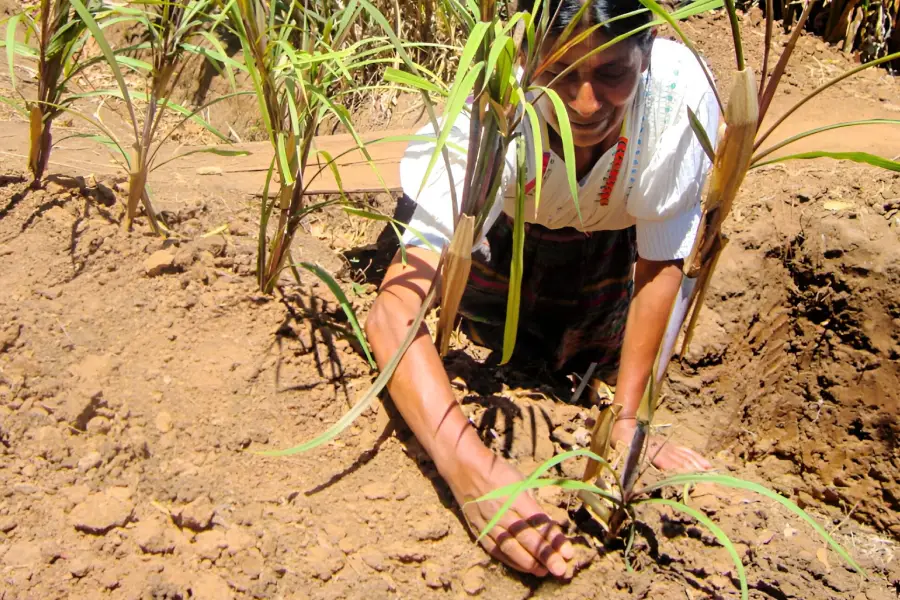Climate Variability and Extreme Weather Threaten Food Security in Latin America and the Caribbean, Report Finds

Changing patterns of climate variability and extreme weather events are negatively affecting food security in Latin America and the Caribbean, exacerbating underlying causes of malnutrition, according to the 2024 Regional Overview of Food Security and Nutrition. The report highlights that the region is the second-most exposed to extreme weather events globally, with 74 percent of analyzed countries facing high frequency of such occurrences and 52 percent considered vulnerable to increased undernourishment. Structural challenges, including conflicts, economic slowdowns, and inequality, further compound these impacts.
Between 2019 and 2023, undernourishment in countries affected by climate extremes increased by 1.5 percentage points, with the most vulnerable populations disproportionately affected due to limited resources for adaptation. The report calls for urgent action to build resilience within agrifood systems to ensure long-term food security. Despite these challenges, hunger in the region declined for the second consecutive year, affecting 41 million people in 2023, a reduction of 2.9 million compared to 2022 and 4.3 million since 2021. However, disparities persist, with hunger increasing in the Caribbean to 17.2 percent while remaining stable in Mesoamerica at 5.8 percent. Moderate or severe food insecurity also declined, with 187.6 million people affected in 2023, a significant improvement attributed to economic recovery and targeted food access policies.
The report underscores the challenge of malnutrition amid climate variability. In 2022, stunting affected 11.5 percent of children under five in Latin America and the Caribbean, significantly below the global average, yet progress has slowed. Overweight prevalence in children under five reached 8.6 percent, exceeding the global estimate, with South America seeing the most pronounced increase. Economic barriers remain a critical issue, with 182.9 million people unable to afford a healthy diet in 2022, though the situation has improved compared to 2021. Disparities are evident, with the Caribbean facing the highest percentage of people unable to afford a healthy diet at 50 percent.
The report emphasizes that climate shocks are increasingly disrupting food production, transportation, and access across the region. Frequent storms, floods, and droughts are damaging homes, farmland, and crops. Organizations including FAO, IFAD, PAHO, WFP, and UNICEF stress the need for accelerated investments and actions to build climate resilience. Experts highlight the necessity of supporting rural communities, small-scale producers, and vulnerable populations through improved infrastructure, climate information systems, sustainable agricultural practices, and financial support. The report concludes that while progress has been made in reducing hunger, significant efforts are still required to ensure long-term food security and nutrition stability in the face of climate change.


Respuestas